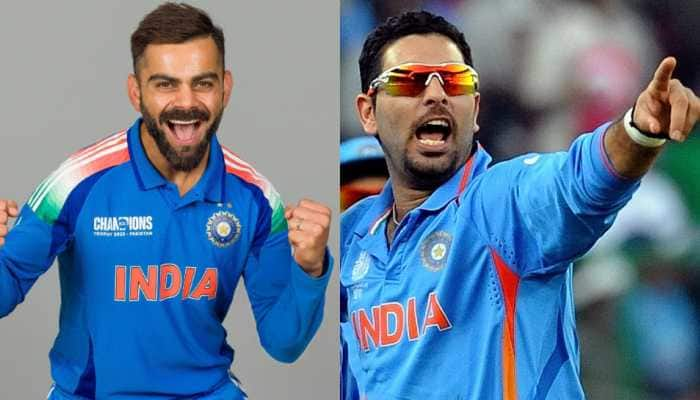Innovations In Cardiac Surgery: Shaping The Future Of Heart Care
These conditions can arise from factors such as genetics, lifestyle choices, high blood pressure, high cholesterol, diabetes, or smoking. If left untreated, they can lead to severe complications and even life-threatening events.
Trending Photos
) Image credit: Freepik
Image credit: Freepik The human heart is the muscular organ that powers the circulatory system, working tirelessly to pump blood through a vast network of vessels. Cardiovascular diseases like coronary artery disease, heart attacks, arrhythmias, and heart failure can impair the heart's ability to pump effectively.
These conditions can arise from factors such as genetics, lifestyle choices, high blood pressure, high cholesterol, diabetes, or smoking. If left untreated, they can lead to severe complications and even life-threatening events. This is where cardiac surgery comes in—a specialized field dedicated to repairing and enhancing heart health. Dr. Rajeev Vashisth, Senior Consultant - Cardiothoracic and vascular surgeon, HCG Hospital, Bhavnagar shares the innovations in cardiac surgery that will shape the future of heart care.
Redefining Possibilities with Cardiac Surgery:
Cardiac surgery encompasses a range of surgical procedures performed on the heart itself, its vessels, or nearby organs. Traditionally, these surgeries have focused on correcting structural abnormalities, such as repairing damaged valves (AVR/MVR/DVR), cleaning blocked arteries (CABG), or treating congenital heart defects (birth defects).
However, the advent of cutting-edge techniques in cardiac surgery has opened up new frontiers in the field. Minimally invasive cardiac surgery represents a significant shift from traditional open-heart surgery.
Exploring Robotic-Assisted Surgery:
Robotic-assisted surgery represents a significant advancement in surgical technology, offering unprecedented precision and control. Surgeons use robotic systems that convert their hand movements into finely tuned, accurate actions, providing enhanced agility, stability, and the ability to easily access hard-to-reach areas.
The key advantage of robotic-assisted surgery is that it merges the expertise and judgment of skilled surgeons with the accuracy and steadiness of robotic systems. This combination allows for procedures to be carried out with greater efficiency and a lower risk of complications. Surgeons can also perform complex procedures that were once deemed too risky or invasive using traditional methods.
Regenerative Medicine:
Regenerative medicine is an emerging field focused on restoring damaged tissues and organs by tapping into the body's natural healing processes. It combines principles from biology, engineering (Bioengineering), and medicine to promote tissue regeneration and repair. This field has the potential to revolutionize healthcare by providing alternatives to traditional treatments that often rely on synthetic materials or organ transplants.
Recent advances in Gene therapy aimed at growing new vessels in ischemic myocardium have given good initial results by reducing the class of angina for 6 months in 81% of patients with refractory angina. The patients receive an injection of XC001 directly into myocardium through a mini-thoracotomy. The injection delivers 3 isoforms of vascular endothelial growth factor (VEGF), via an Adenoviral 5 vector (Published in Circulation: Cardiovascular Intervention’s, May 2, 2024).
Looking Ahead:
As we venture into the future of heart care, the field of cardiac surgery is undergoing a significant transformation, continually pushing the boundaries of what is possible. Innovations such as minimally invasive procedures, robotic-assisted surgery, and regenerative medicine are among the cutting-edge techniques that are reshaping how we address heart-related conditions. These technological breakthroughs are not only revolutionizing cardiac surgery but also expanding the range of treatment options available to patients.
Stay informed on all the latest news, real-time breaking news updates, and follow all the important headlines in india news and world News on Zee News.
Live Tv







)
)
)
)
)
)
)
)
)
)
